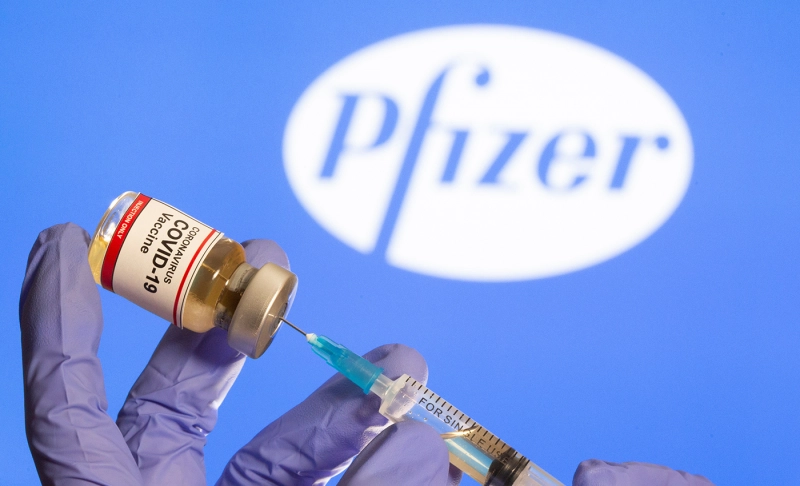December 20 2021
Misleading: A Nashville woman was permanently paralyzed after getting the COVID-19 vaccine.

The Verdict Misleading
There is no conclusive evidence to suggest a causal link between the Pzifer-BioNTech vaccine and paralysis.
There is no conclusive evidence to suggest a causal link between the Pzifer-BioNTech vaccine and paralysis.A woman from Nashville, Tennessee, claimed to suffer from paralysis after receiving the second shot of the Pfizer vaccine. However, the claim is misleading as currently, there is no conclusive evidence to suggest a causal link between paralysis and the Pfizer vaccine. On April 16, 2021, a few hours after receiving the second shot of a Pzifer vaccine, Brandy Parker-McFadden, experienced neck pain and an impaired sensation in her legs. She claimed to suffer from paralysis due to the vaccine. Ten days later, the movement in her arms and legs returned. So far, there is no conclusive evidence that the adverse event occurred due to the Pfizer vaccine. In a statement, Pzifer said that their ongoing investigation did not identify "any safety signals with paralysis and the Pzifer-BioNTech vaccine." Additionally, the Centres for Disease Control and Prevention website explicitly states that the available COVID-19 vaccines are "safe and effective." The pandemic has given rise to plenty of misinformation around COVID-19 and the vaccines. In January 2021, Reuters debunked a claim regarding a causal link between paralysis and the COVID-19 vaccine in the U.S. So far, the U.S. has administered 297 million vaccine doses and vaccinated 41% of its population with two doses. Bloomberg reported that COVID-19 infection levels flattened or declined in areas where vaccination rates are highest. The COVID-19 pandemic has given rise to a lot of potentially dangerous misinformation. For reliable advice on COVID-19, including symptoms, prevention, and available treatment, please refer to the World Health Organization or your national healthcare authority.


